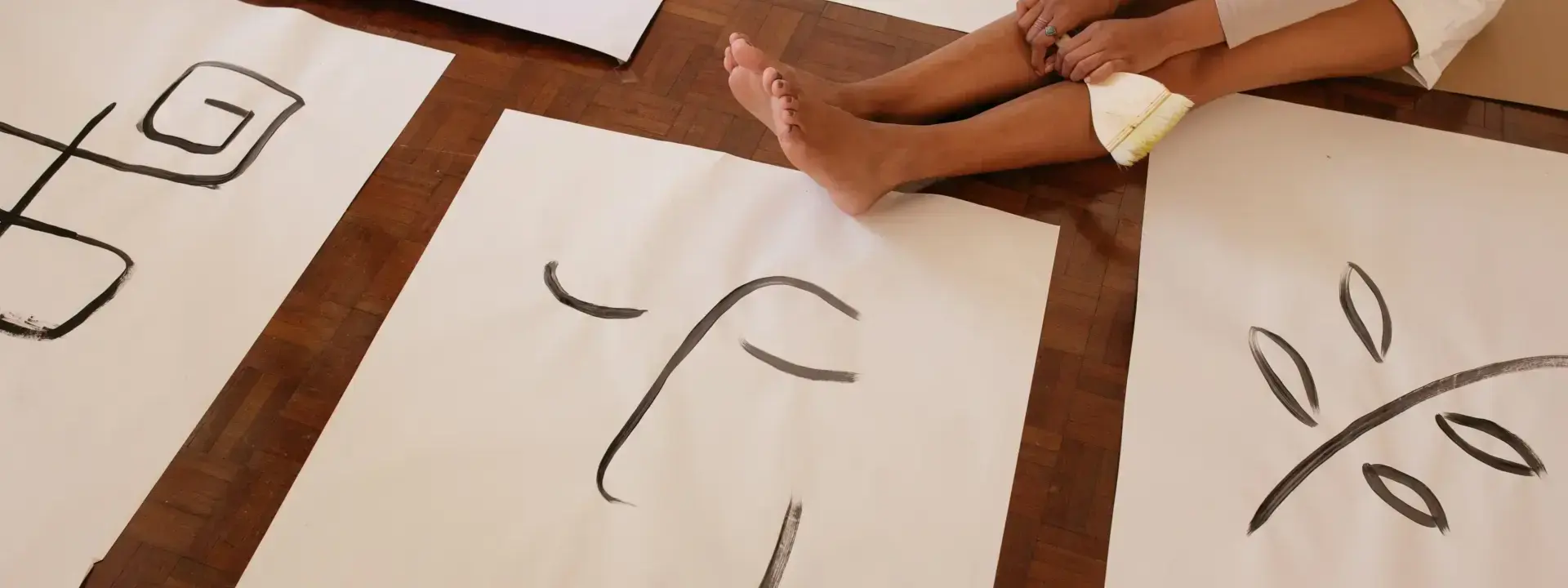
Art Conservator Job Description
What is a Art Conservator Professional?
An art conservator is an individual who works to protect and preserve artistic and historical pieces. This can include paintings, sculptures, architecture, furniture, textiles, books, and more. Often times a conservator will specialize in a certain type of object or material. The first step in becoming a Conservator is to obtain a bachelor’s degree accredited by the America National Association Sonos (which typically takes four years).

What does a Art Conservator Expert do?
During their undergraduate studies potential students should take classes related to chemistry as well as studio art courses so they have both theoretical knowledge si- exploration skills." After completing their degrees many individuals complete internships at museums or other institutions before going on to graduate school.
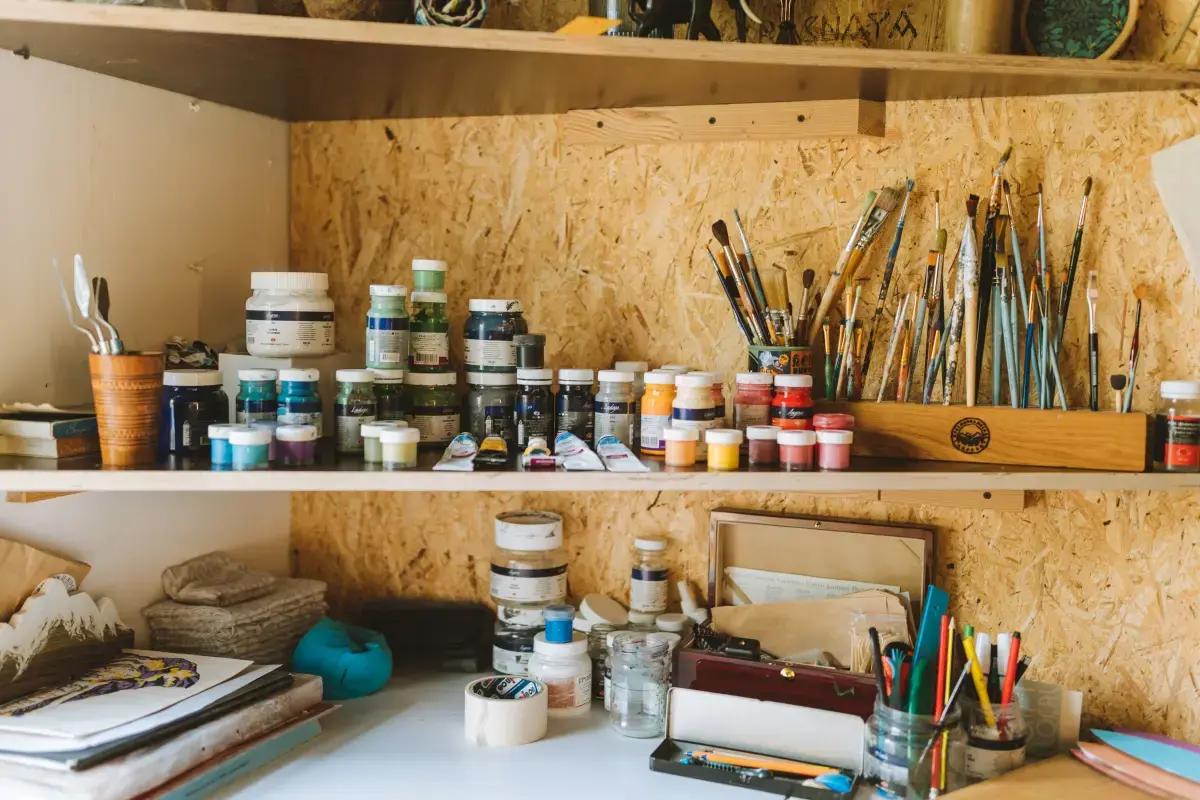
What are the Skills of a Art Conservator?
An art conservator is someone who dedicates their time and expertise to preserving the world’s cultural heritage. It is a field that combines science with hands-on knowledge in order to clean, repair, and stabilize works of art.

What makes an Expert Art Conservator?
In order to become an art conservator, one must first earn a bachelor’s degree in fine arts or another relevant subject. Afterward, they will likely participate in a professional master’s program specific to conservation studies. Many programs offer internships as well, which provide real-world experience working alongside seasoned professionals. Keep reading to learn more about what skills and experience an art conservator needs!
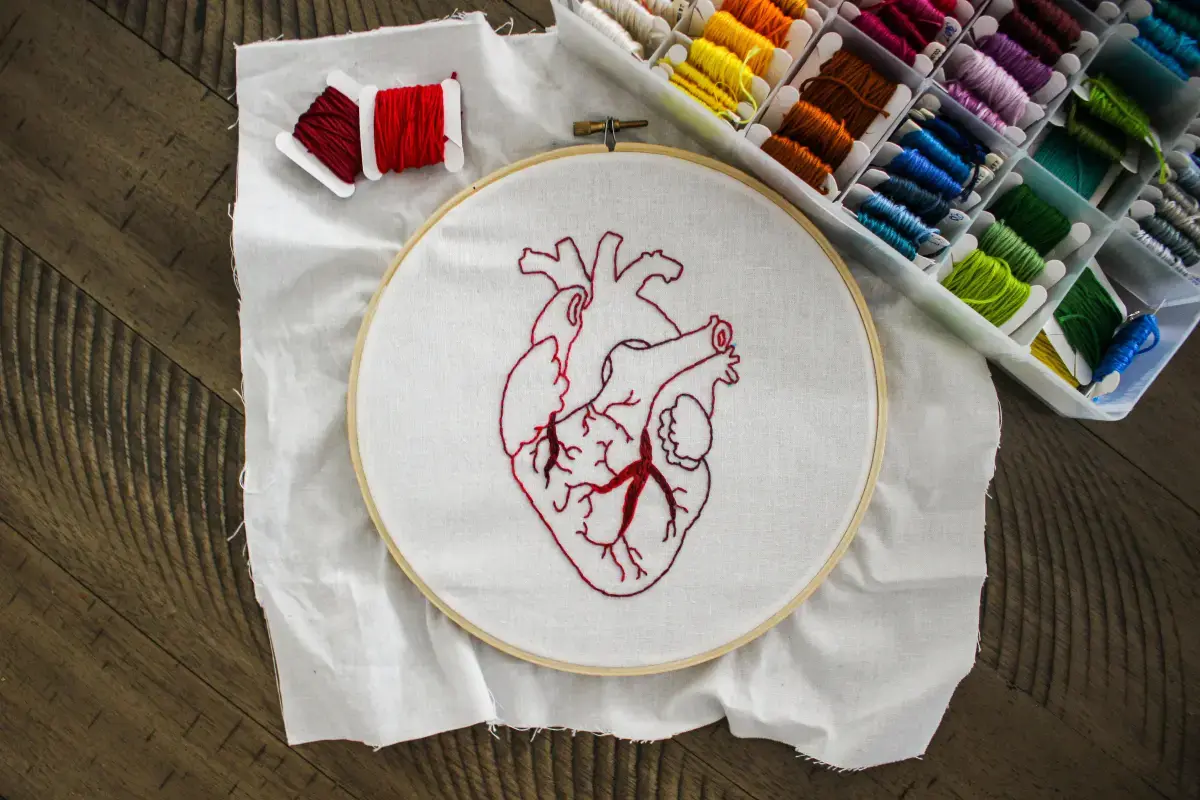
What level of Experience & Qualifications are required to be a Art Conservator?
Industry Experience: - Experience working with galleries and museums - Demonstrated work in the conservation of art works for a minimum of several years - Demonstrated success on projects managing collections, installing exhibitions and conferences, storage refurbishment etc. Training: - Attend professional conservation courses (e.g., “Preventive Conservation for Curators”) to become knowledgeable about ethical policies and practices in the field of conservation/restoration Qualifications: - A postgraduate qualification in historical or modern object conservator science (usually an MSc). - Specialist knowledge gained through additional accreditation such as ICON accreditation, or other regional equivalent Professional bodies such as Heritage Lottery Fund or English Heritage are beneficial. Education: - Bachelor degree accredited by Institute of Conservation (or equivalent body) minimum requirement – ability to read traditionally material evidence / documents is key skill - Certified Practitioner Member status is desirable but not necessary as some employers look at compatible skillsets other than specific qualifications
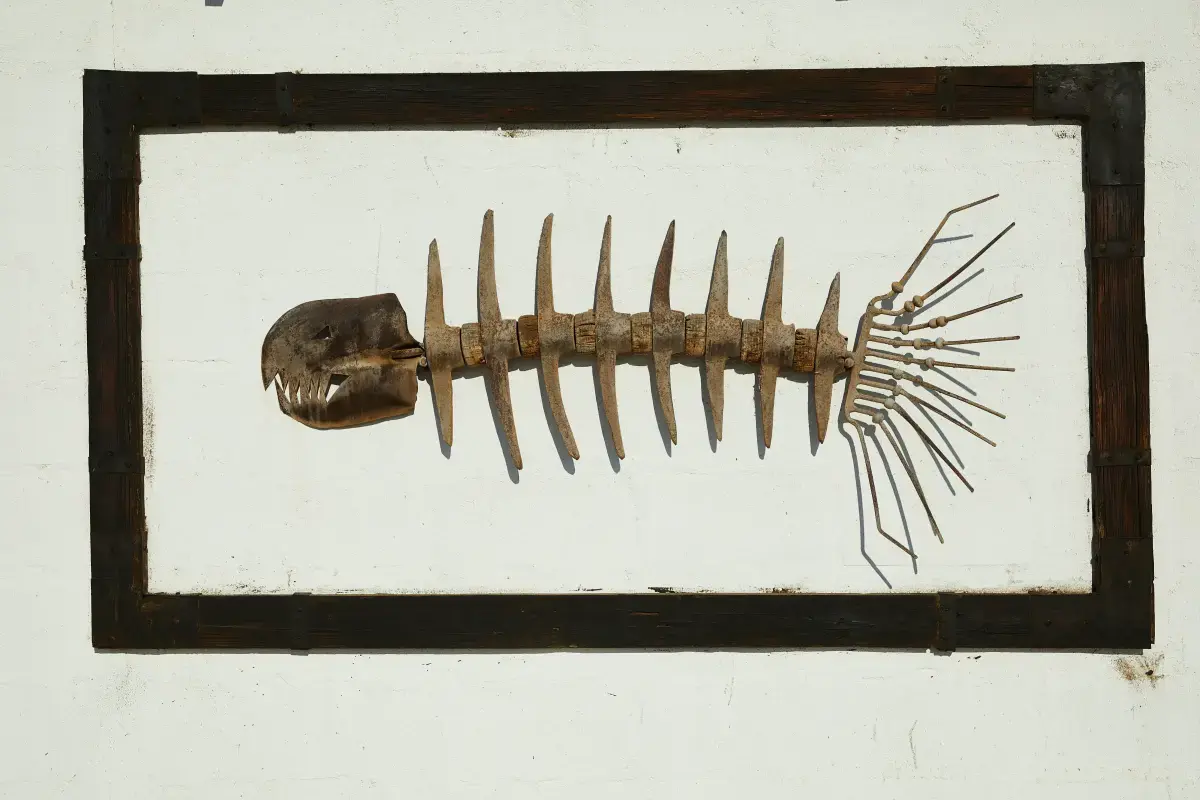
What is the Salary of a Art Conservator?
A junior art conservator can expect to earn a salary of £18,000 to £24,000 per annum (before tax). This will vary depending on experience and location. A mid-level or senior art conservator would usually be expected to earn salaries of between £30,000 and £50,000 per annum (before tax). Higher salaries are usually seen in those working at museum or gallery level or with large collections. An experienced team leader or manager-level conservator could attract a salary of between £45,000 and £70,000 per annum (before tax). Highly experienced professionals working with high value collections may even top the earnings scale up to six figures. It is important for ambitious candidates looking for career development opportunities within this field that qualifications such as a conservation degree should help open doors leading higher salaries down the line.
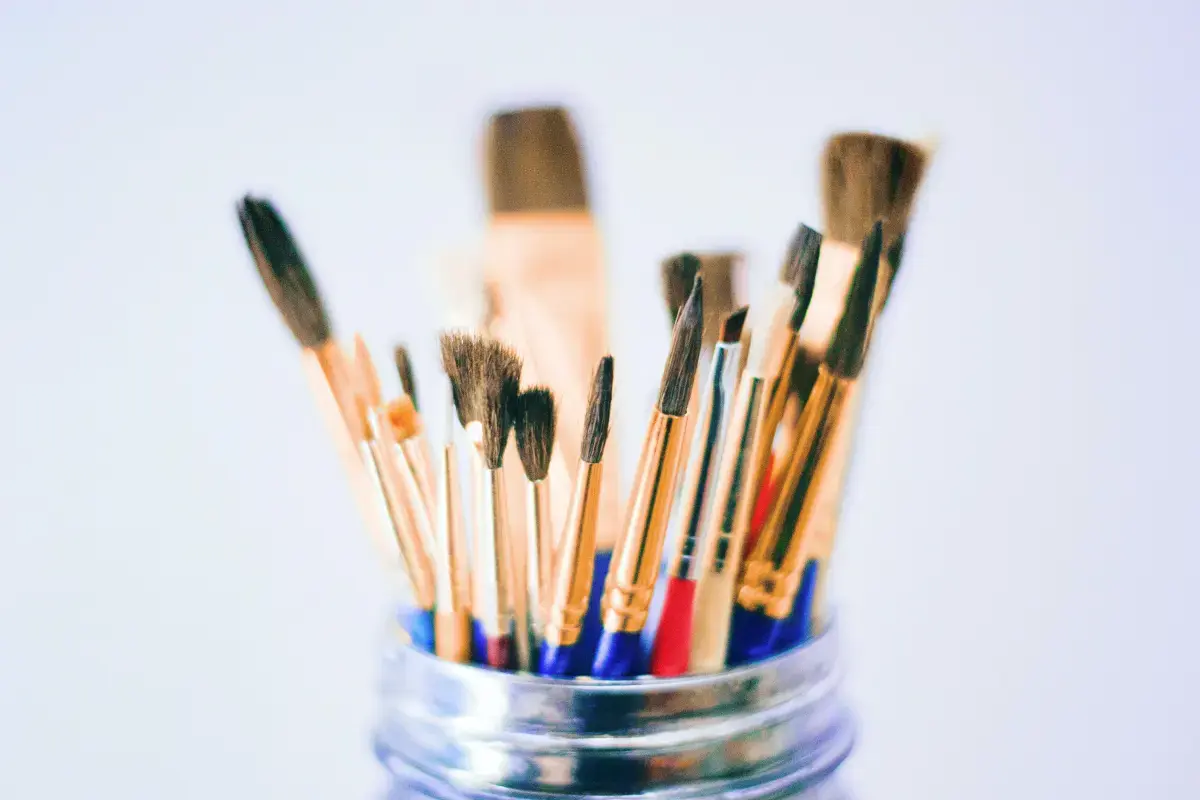
What are the Working Conditions for a Art Conservator?
The general working conditions for an art conservator vary, depending on the specific job. Generally speaking, art conservators may work in private handling studios or public spaces like galleries or museums and may be required to wear gloves and other protective gear to prevent any contamination of the items they are working on. Working hours typically involve office-like conditions and can range from part time or freelance work up to fulltime positions with regular hours that could include evenings and weekends depending on special events, shift scheduling, project deadlines etc. Conservators may have opportunities for outdoor fieldwork but these tend to be rare unless a conservator works at an institution with outdoor displays (such as archaeological artefacts) that need constant monitoring. Depending on where they are employed, some basic knowledge of software applications such as Adobe Photoshop might also be necessary which would require relevant training/certification outside of a degree/diploma in conservation studies if apprenticeship is not provided by the employer directly.

What are the roles and responsibilities of a Art Conservator?
Evaluating the condition of artworks
Writing condition reports
Providing conservation treatments to restore an artworks appearance or stability
Monitoring environmental conditions in storage, exhibition, and transport contexts
overseeing installation and deinstallation processes
Performing technical analysis on materials
removing dirt and grime from surfaces
repairing tears
infilling losses
consolidating flaking paint
Inpainting gaps
Guarding against future damage
Cleaning varnish layers
Reducing discoloration
combating pests
encouraging proper display practices
promoting public engagement with preservation issues
collaborating with other museum professionals
advocating for the field of art conservation

Where can I find Art Conservator jobs?
- Create a profile on gigexchange and promote your Art Conservator skills to advertise you are Open to New Work Opportunities
- Ensure your Resume (or CV), or online work profile is up to date and represents your skills and experience. Ensure your reputation reflects your ability & attitude.
- Apply for Art Conservator Jobs advertised on gigexchange.
- Practise Art Conservator interview techniques to ensure you represent your personality and ability succinctly and confidently.
- Accept the job offer if the salary meets your expectations and the employer mission and purpose reflects your core values.
Jobs
What are the best job boards for Art Protector jobs?

How can I hire Art Conservator staff online for my business?
The best job board for recruiting Art Conservator experts is gigexchange.com. Advertise full-time, part-time or contract jobs to find, hire & recruit trusted, experienced and talented Art Conservator candidates near you.

Are Art Conservator roles in demand in 2026?
Art Conservator experts are still in high demand in 2026. If you are an experienced Art Conservator or looking to train and become one. The job market is looking strong for Art Conservator jobs near me.